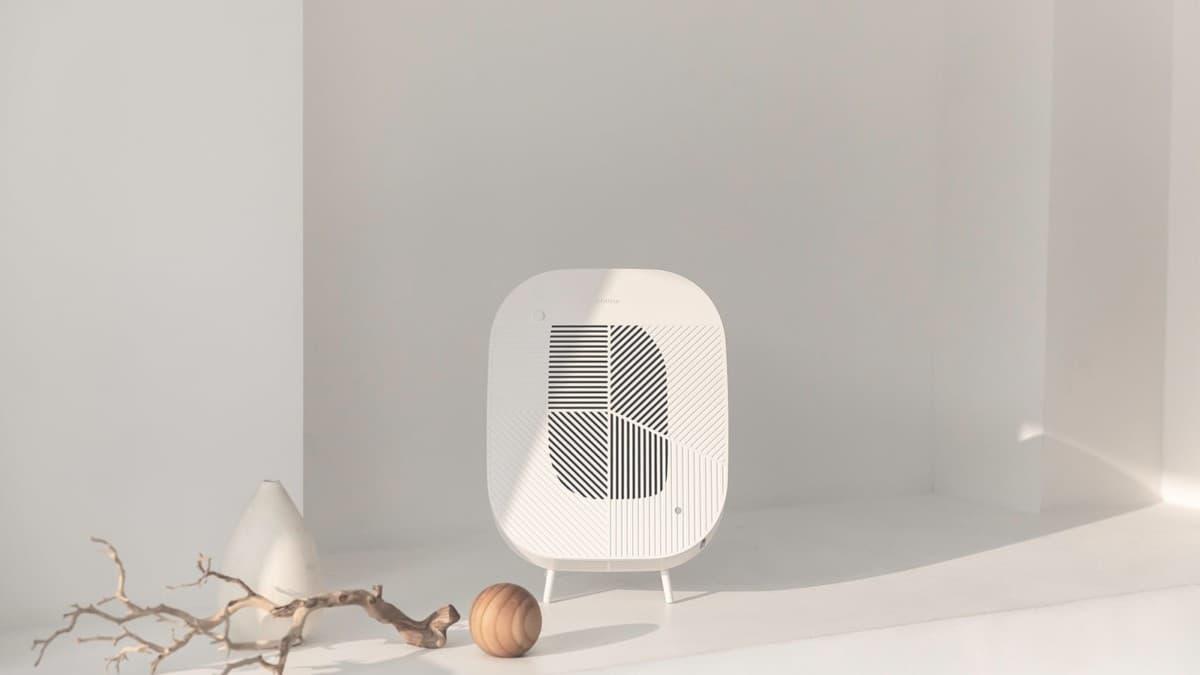Air Purifier Market Competition: Leading Players and Emerging Brands

The air purifier market is experiencing rapid growth, fueled by rising awareness of air quality and health concerns. As this market expands, competition is intensifying among established players and emerging brands. This article explores the competitive landscape, highlighting leading companies, innovative newcomers, and the strategies they employ to capture market share.
Leading Players in the Air Purifier Market
1. Dyson
Dyson is a well-known name in the air purification industry, recognized for its innovative technology and sleek designs. The company’s products often combine air purification with heating and cooling features, appealing to consumers looking for multifunctional devices. Dyson invests heavily in research and development, enabling it to stay ahead with cutting-edge filtration technologies and smart home integration.
2. Honeywell
Honeywell is a key player with a strong presence in both residential and commercial air purification markets. The company offers a wide range of products, including portable air purifiers and whole-house systems. Honeywell focuses on effective filtration solutions, emphasizing HEPA filters that capture a significant percentage of airborne particles, making it a trusted brand among health-conscious consumers.
3. Blueair
Blueair has carved out a niche with its high-performance air purifiers that utilize HEPASilent technology, combining mechanical and electrostatic filtration for superior efficiency. The brand is known for its modern designs and low energy consumption, appealing to environmentally conscious consumers. Blueair’s commitment to sustainability and performance has made it a favorite in various markets.
4. Coway
South Korean company Coway is gaining traction globally, recognized for its award-winning designs and advanced filtration systems. Coway's products often come equipped with features like air quality indicators and automatic operation modes, enhancing user experience. The brand's focus on affordability without compromising quality has made it increasingly popular among consumers.
5. LG Electronics
LG has entered the air purifier market with a range of products that integrate smart technology, such as Wi-Fi connectivity and app control. The company’s purifiers often feature multi-stage filtration systems and unique designs that cater to modern aesthetics. LG’s reputation for quality electronics positions it well in the competitive landscape.
Emerging Brands to Watch
1. Levoit
Levoit is rapidly gaining popularity, especially in the budget segment of the air purifier market. The brand offers a variety of affordable, effective purifiers with features like three-stage filtration systems and compact designs. Levoit’s commitment to quality at a competitive price point appeals to cost-conscious consumers.
2. Xiaomi
Xiaomi, known for its diverse range of consumer electronics, has made significant inroads into the air purifier market. The company’s smart air purifiers integrate seamlessly with its ecosystem of connected devices, allowing users to monitor air quality and control settings via a smartphone app. Xiaomi's focus on affordability and smart features has attracted a young, tech-savvy audience.
3. GermGuardian
GermGuardian focuses on purifiers equipped with UV-C light technology to kill airborne viruses and bacteria. This brand targets health-conscious consumers looking for added protection against pathogens. GermGuardian’s effective marketing and niche focus have helped it carve out a dedicated customer base.
4. Molekule
Molekule distinguishes itself with its unique PECO (Photo Electrochemical Oxidation) technology, which is designed to eliminate pollutants at a molecular level. The brand emphasizes the science behind its products, appealing to consumers interested in advanced air purification solutions. Molekule’s innovative approach and marketing strategy position it as a disruptive force in the industry.
Competitive Strategies
1. Innovation and Technology
Leading players are investing heavily in research and development to create innovative products that stand out in the crowded market. Features such as smart connectivity, real-time monitoring, and advanced filtration technologies are increasingly important.
2. Sustainability Initiatives
With rising consumer interest in eco-friendly products, many brands are focusing on sustainability. This includes using sustainable materials, energy-efficient designs, and recyclable components in their products.
3. Marketing and Brand Positioning
Effective marketing strategies are vital for brand differentiation. Companies are leveraging social media, influencer partnerships, and educational content to engage consumers and build brand loyalty.
4. Expanding Distribution Channels
Brands are increasingly exploring various distribution channels, including online platforms and retail partnerships, to enhance product availability and reach a wider audience.
- Art
- Causes
- Crafts
- Dance
- Drinks
- Film
- Fitness
- Food
- الألعاب
- Gardening
- Health
- الرئيسية
- Literature
- Music
- Networking
- أخرى
- Party
- Religion
- Shopping
- Sports
- Theater
- Wellness


